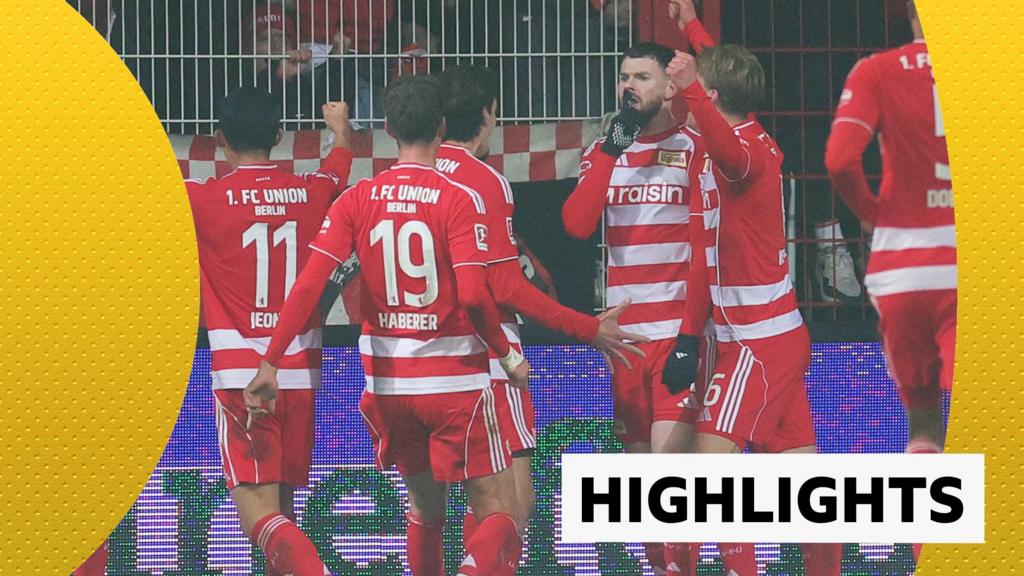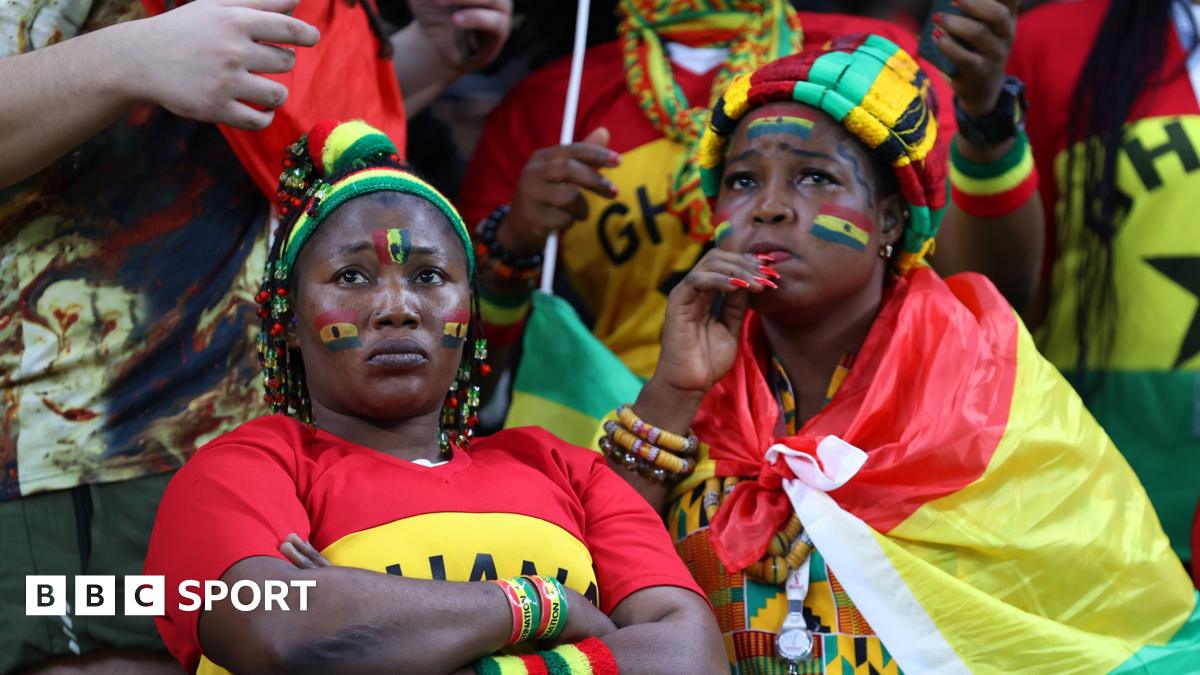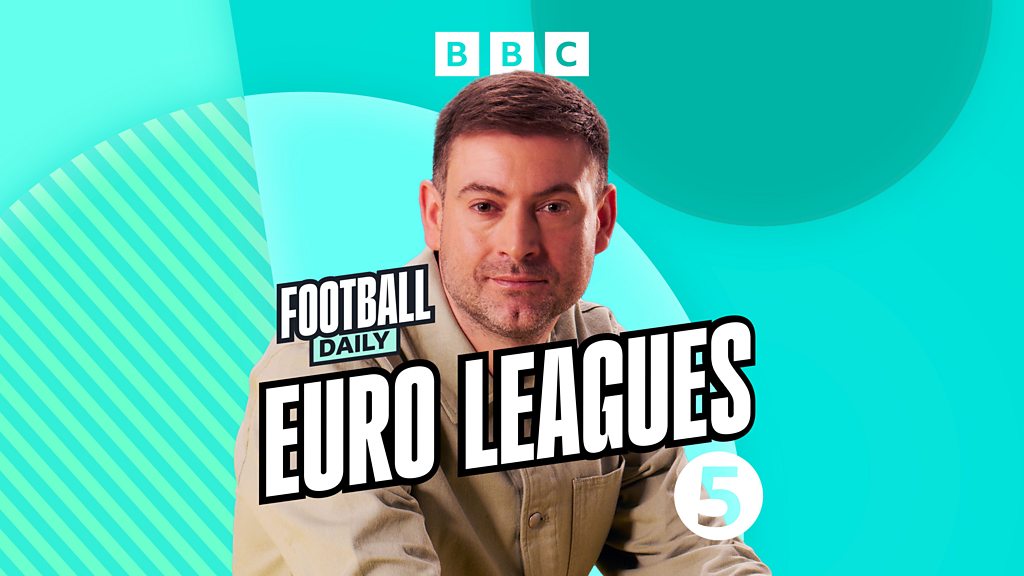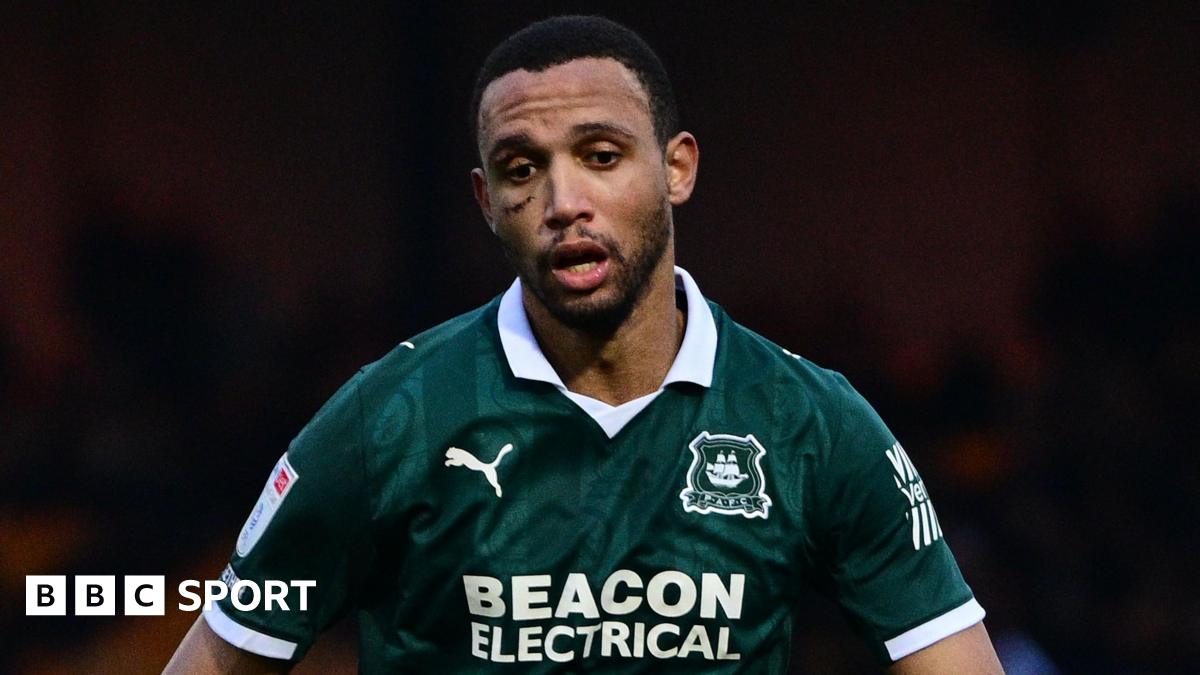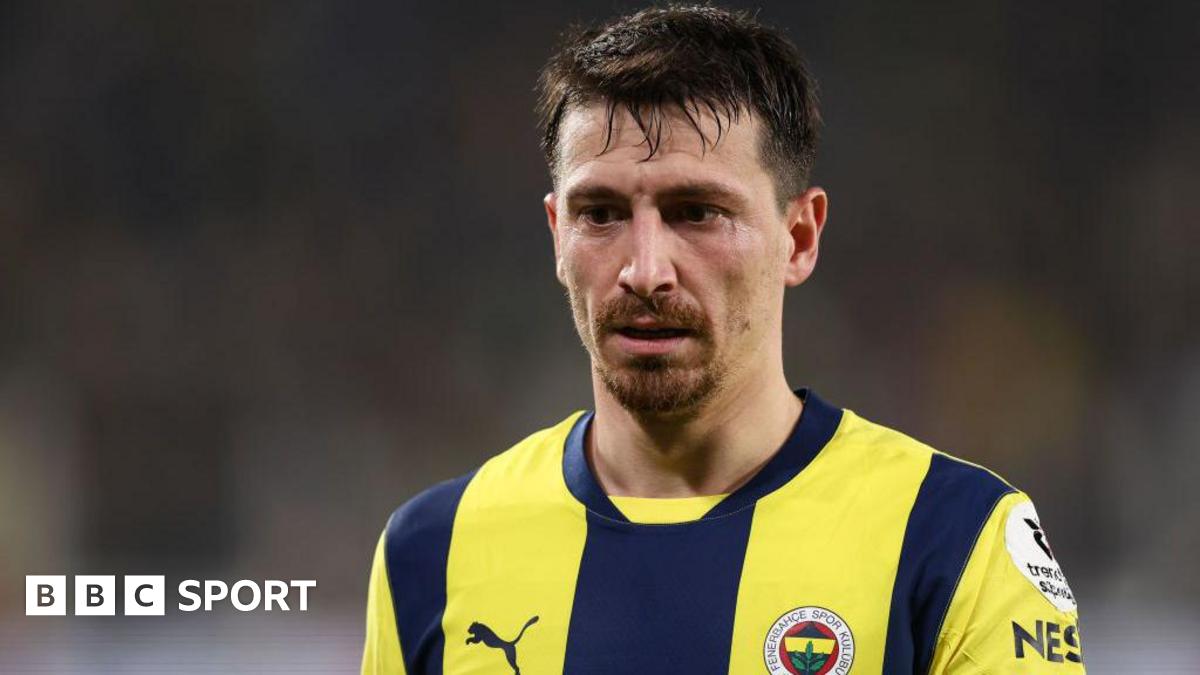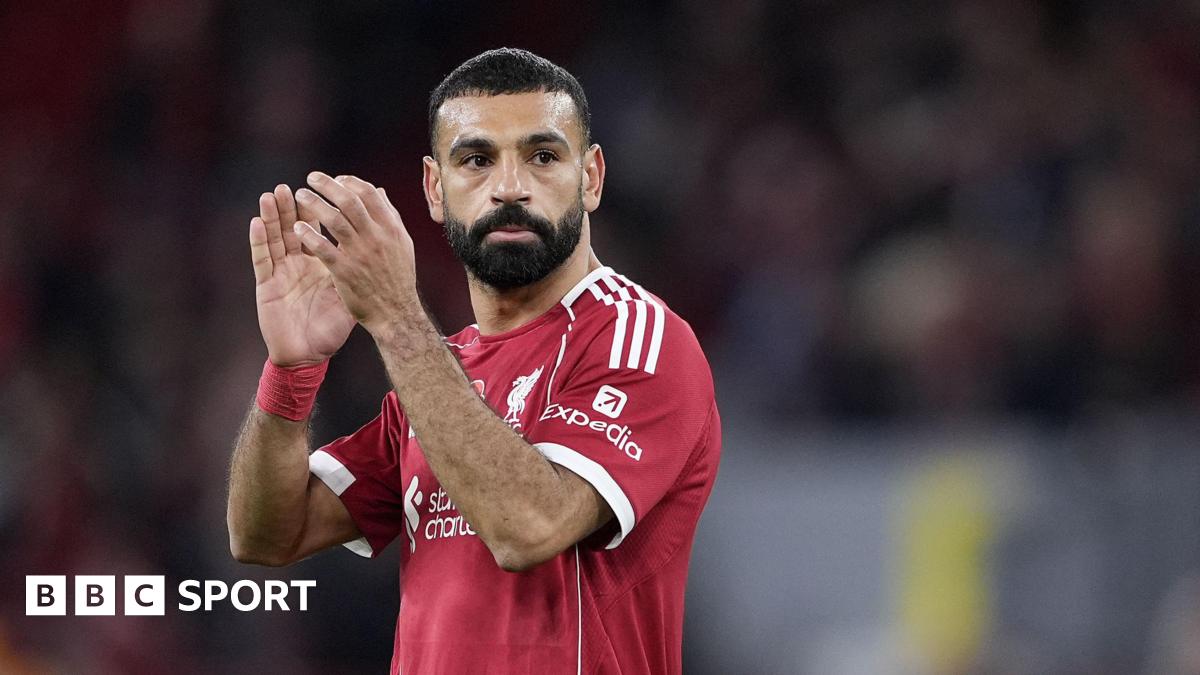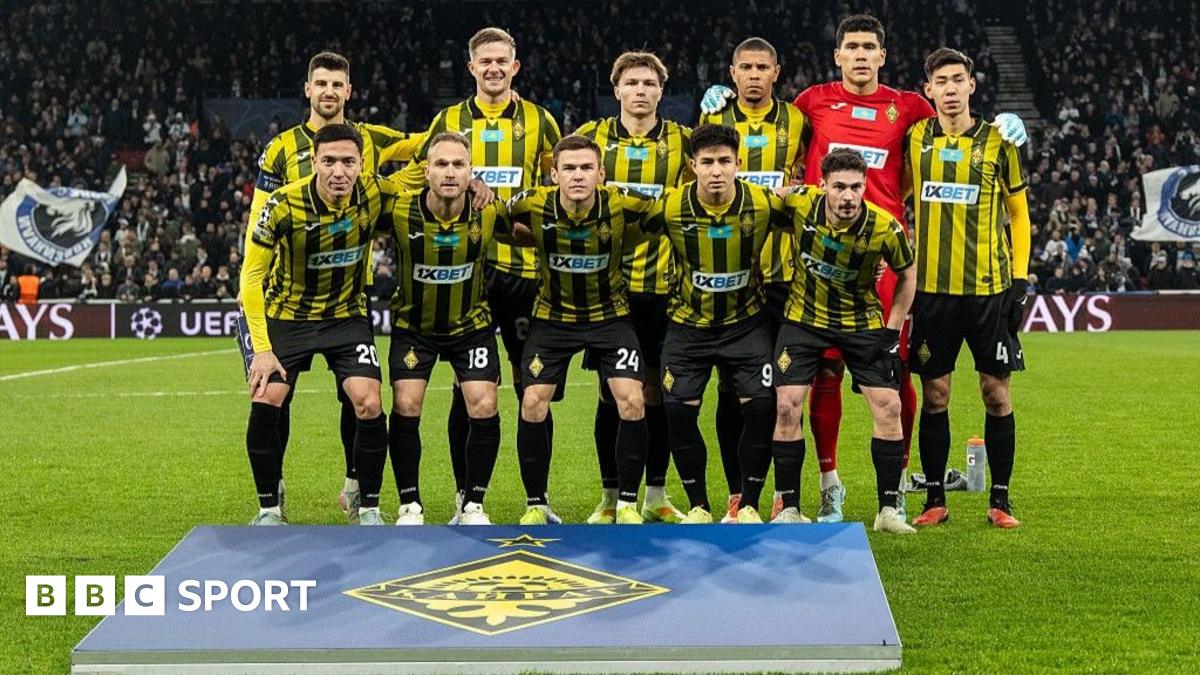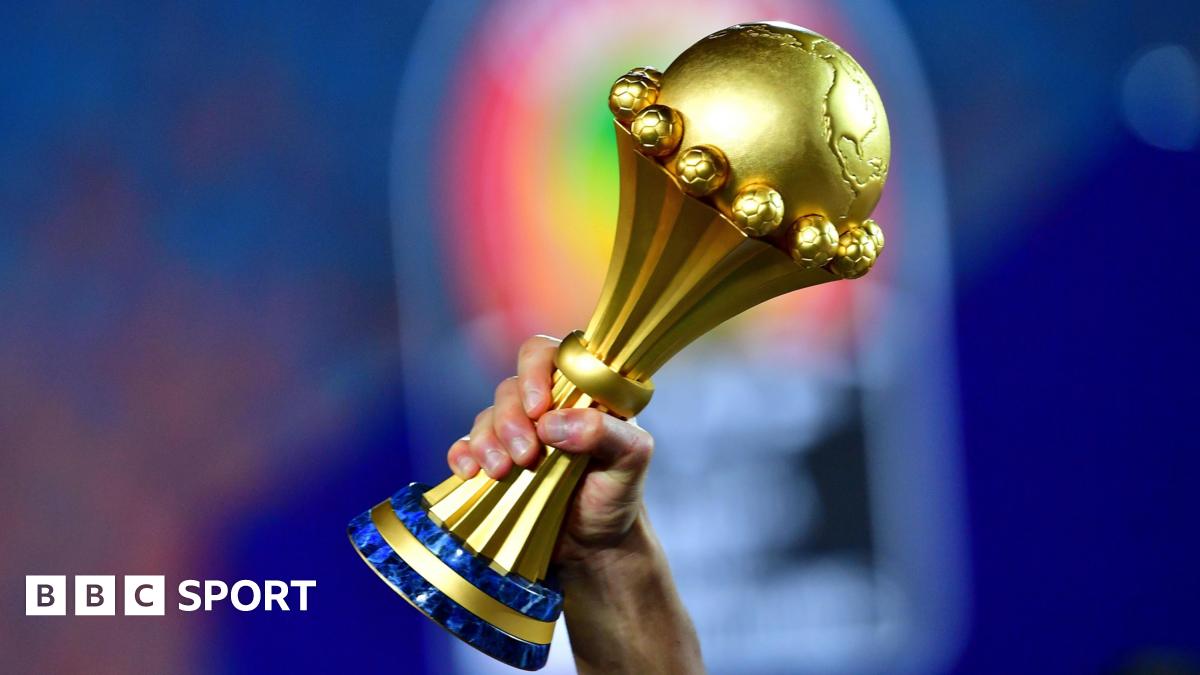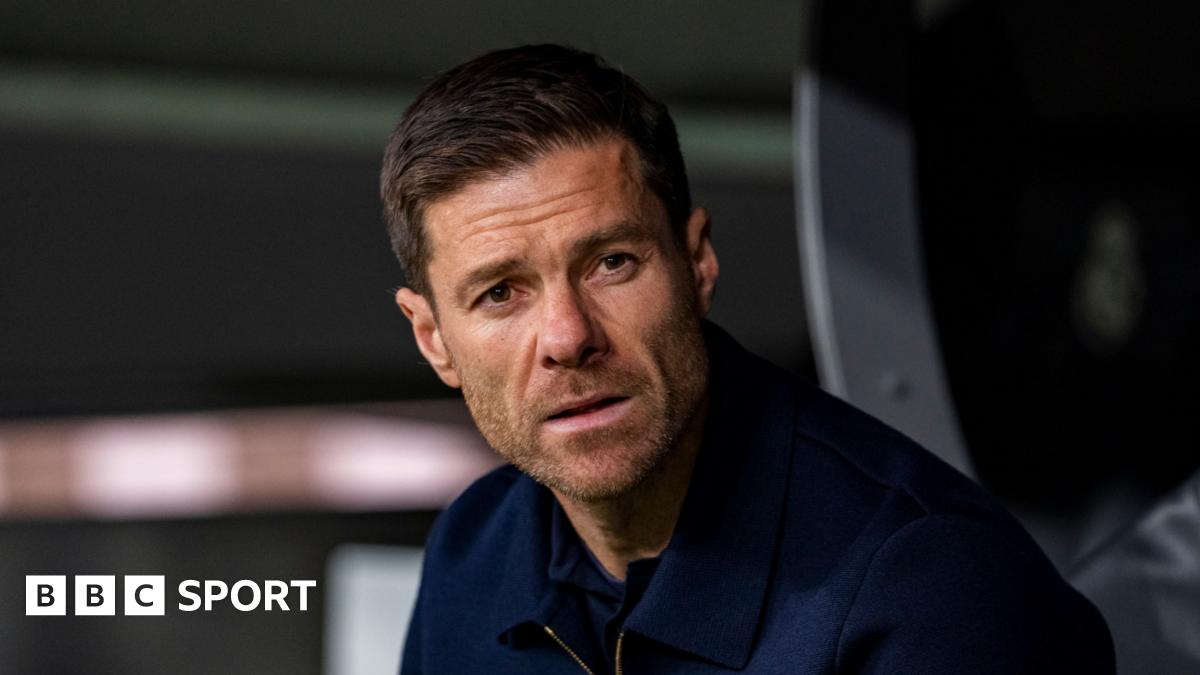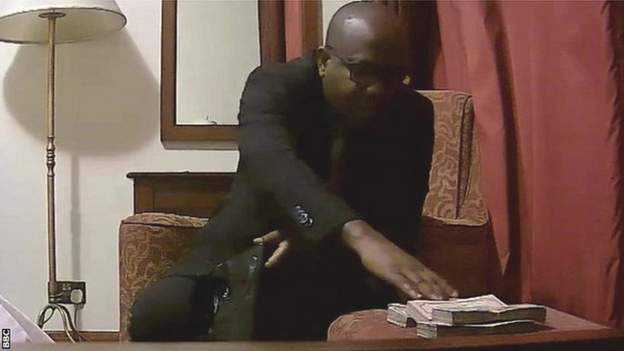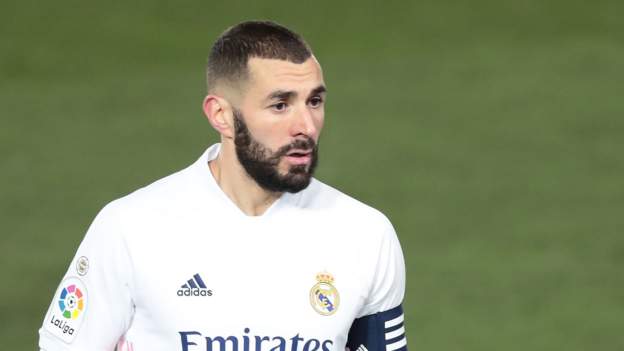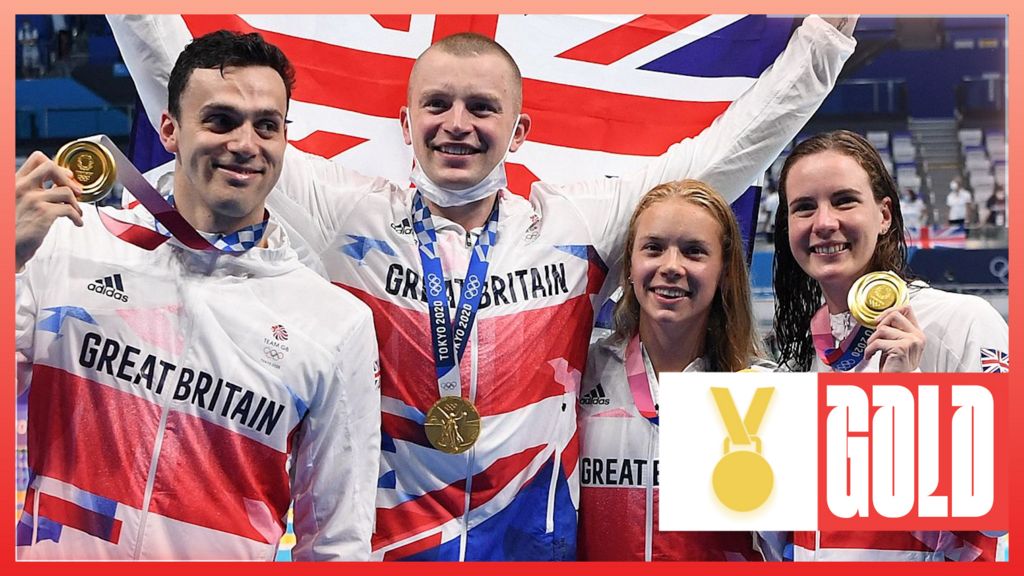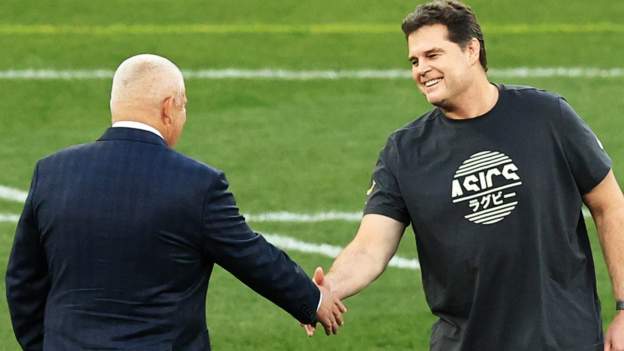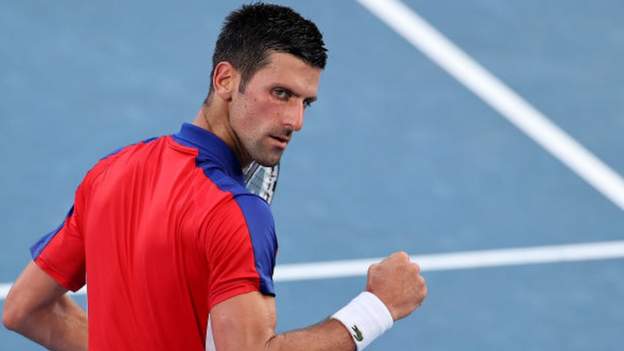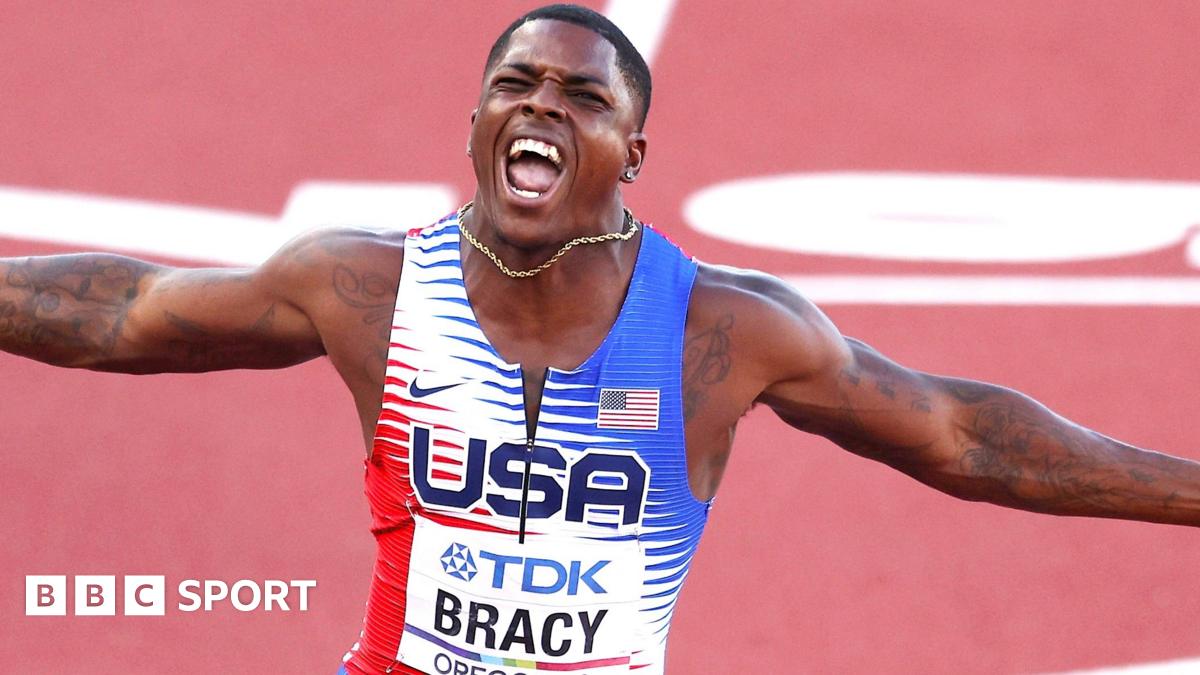Former Ghana FA (GFA) president Kwesi Nyantakyi admitted to having breached several codes of Fifa’s ethics when his appeal was heard at the Court of Arbitration for Sport (Cas).
Despite having previously denied any wrongdoing, the former Fifa Council member and vice-president of the Confederation of African Football confessed to having broken rules relating to conflict of interest, bribery and corruption, and commission.
“[Nyantakyi] admitted his guilt only on the morning of the final hearing,” Cas wrote in its full grounds, dated April 2020, relating to the decision to reduce his sanction.
“[He] added that a life ban would ruin his life and be disproportionate in the circumstances,” said the Cas report, which has yet to be made public but a copy of which has been seen by the BBC.
“[He] accepted at the hearing the necessity of Cas imposing a significant sanction and that, since he had admitted the offences, the ban could not be quashed.”
Instead, Nyantakyi’s legal team successfully argued that a life ban was neither fair nor commensurate to the offences committed.
In June 2018, the former member of Fifa’s executive council was filmed taking $65,000 in cash from an undercover reporter in a film captured by journalist Anas Aremeyaw Anas which was aired by BBC Africa’s investigations unit, Africa Eye.
Nyantakyi was pictured placing the “shopping money” into a black plastic bag from an undercover reporter pretending to be a businessman keen to invest in Ghanaian football.
He later agreed what he believed to be a sponsorship deal for the Ghana FA, which he had presided over since 2005. The bogus deal, invented by the reporters, would have enabled millions of dollars in commission to be paid to a company controlled by him.
Nyantakyi agreed the deal with a reporter posing as an investor, who said he was a businessman from a Middle Eastern company wanting to invest in Ghanaian football.
In his appeal, Nyantakyi said he had entered into talks with the supposed investor in the hope of providing a financial boost for domestic football in Ghana, which had been suffering from a lack of sponsorship investment at the time.
“The GFA, at the time of the commission of the offences, had not had a main sponsor for three to four years, leading [Nyantakyi] to jump at the chance of meeting the supposed Sheikh who might remedy this situation to the GFA’s benefit,” Cas stated when discussing some of the grounds for Nyantakyi’s appeal.
“He emphasised that this was the supposed investor’s idea, not his, and that he for his part thought he was negotiating the sponsorship agreement in good faith.”
The then second most powerful man in African football later claimed the TV footage had been doctored to falsely incriminate him.
Nonetheless, the Cas ruling stated, in relation to the video footage, that ‘the authenticity of these recordings is not disputed by’ either Nyantakyi nor Fifa.
The Cas statement further stated that it could not ‘consider [Nyantakyi’s] late admission of guilt … as a basis on which to reduce the sanction against him’ – citing instead his previous ‘fanciful and fabricated defence’.
“He created an elaborate story involving his email account being hacked, denying his interest in the company which was to act as agent in the proposed scheme and claiming that the money which he did receive in the form of a bribe was intended instead as repayment of travel expenses,” Cas wrote.
In early 2020, a high court in the Ghanaian capital Accra charged Nyantakyi with fraud.
He was charged with dishonestly obtaining $65,000 as an inducement for showing favour to a potential sponsor of the Ghana FA and was also accused of requesting $12m to influence the award of contracts from the same potential sponsor in Ghana.
Nyantakyi pleaded not guilty to the charges.

